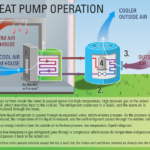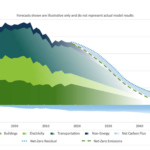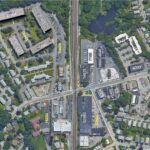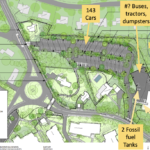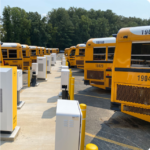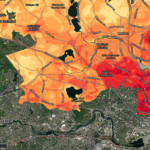
By Zeus Smith As a US National Team rower, Belmont resident Maggie Fellows spends a lot of time on the Charles River. Since 2021, the Charles River Watershed Association (CRWA) has mobilized a cohort of passionate community leaders like Fellows to push for climate-smart policies and practices right in their backyards. Called River Advocates, this program brings together volunteers from various backgrounds and experiences to learn effective advocacy strategies and steward a more climate-resilient future. The River Advocates program is a crash course in civic engagement––by joining, volunteers find a community of like-minded individuals interested in learning about direct actions [READ MORE]


